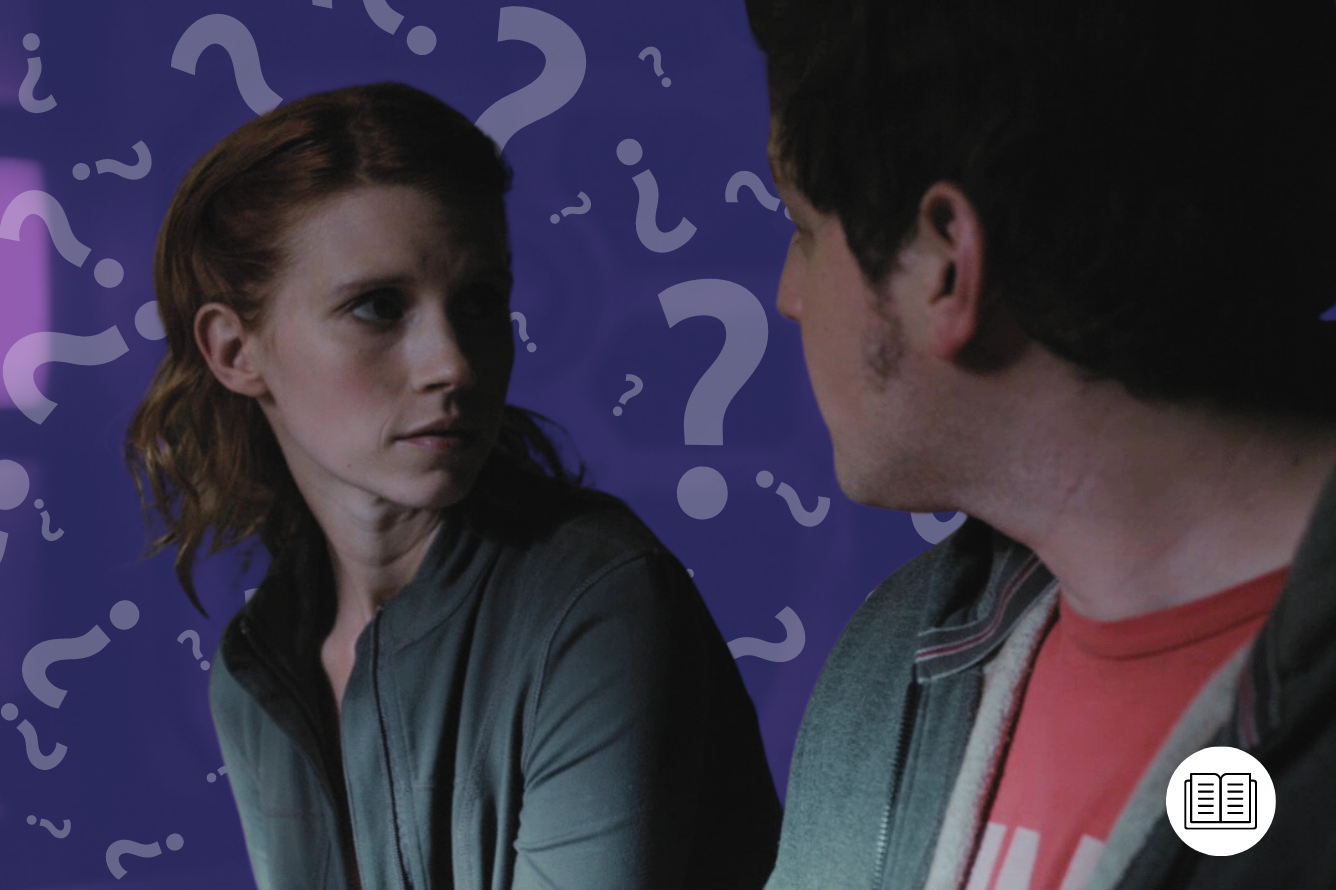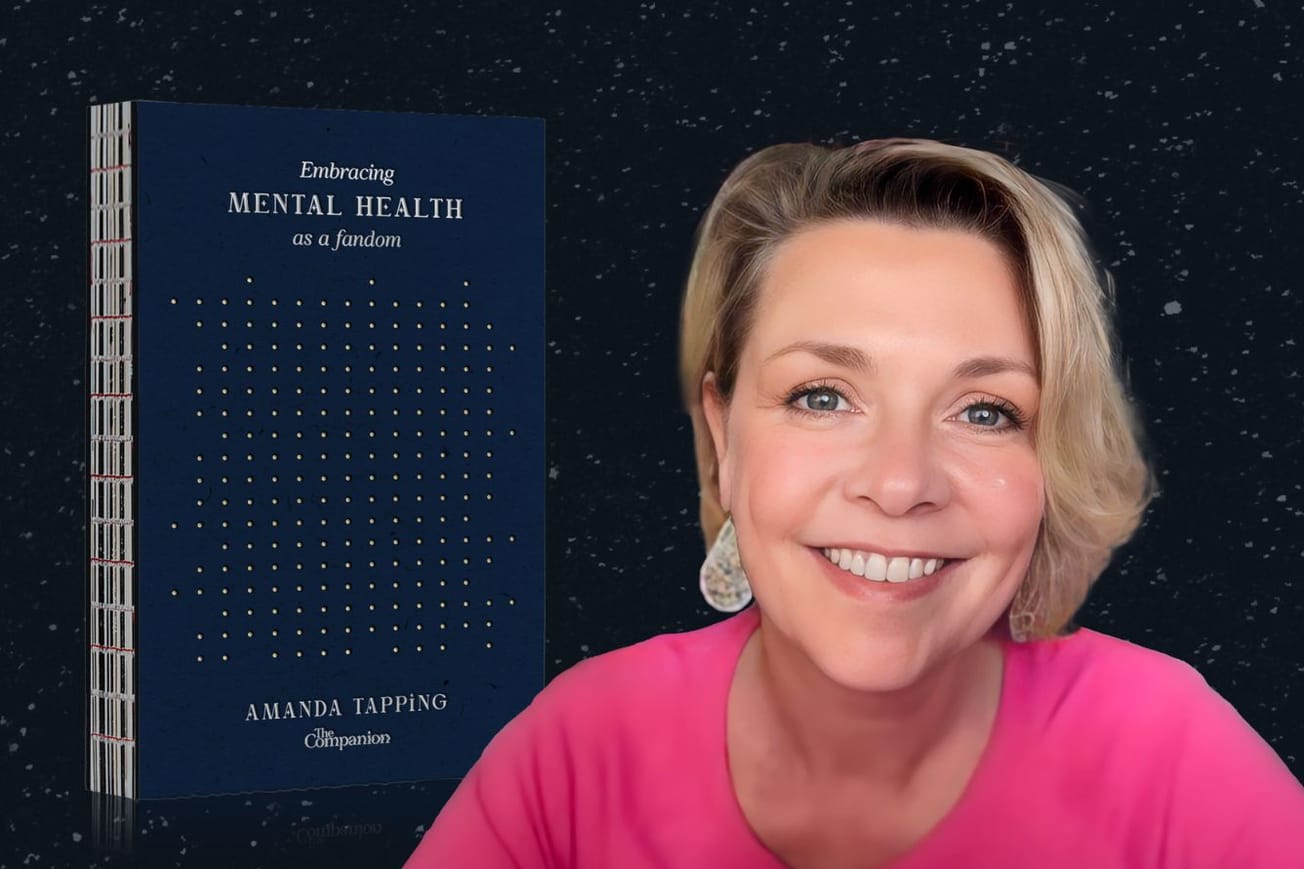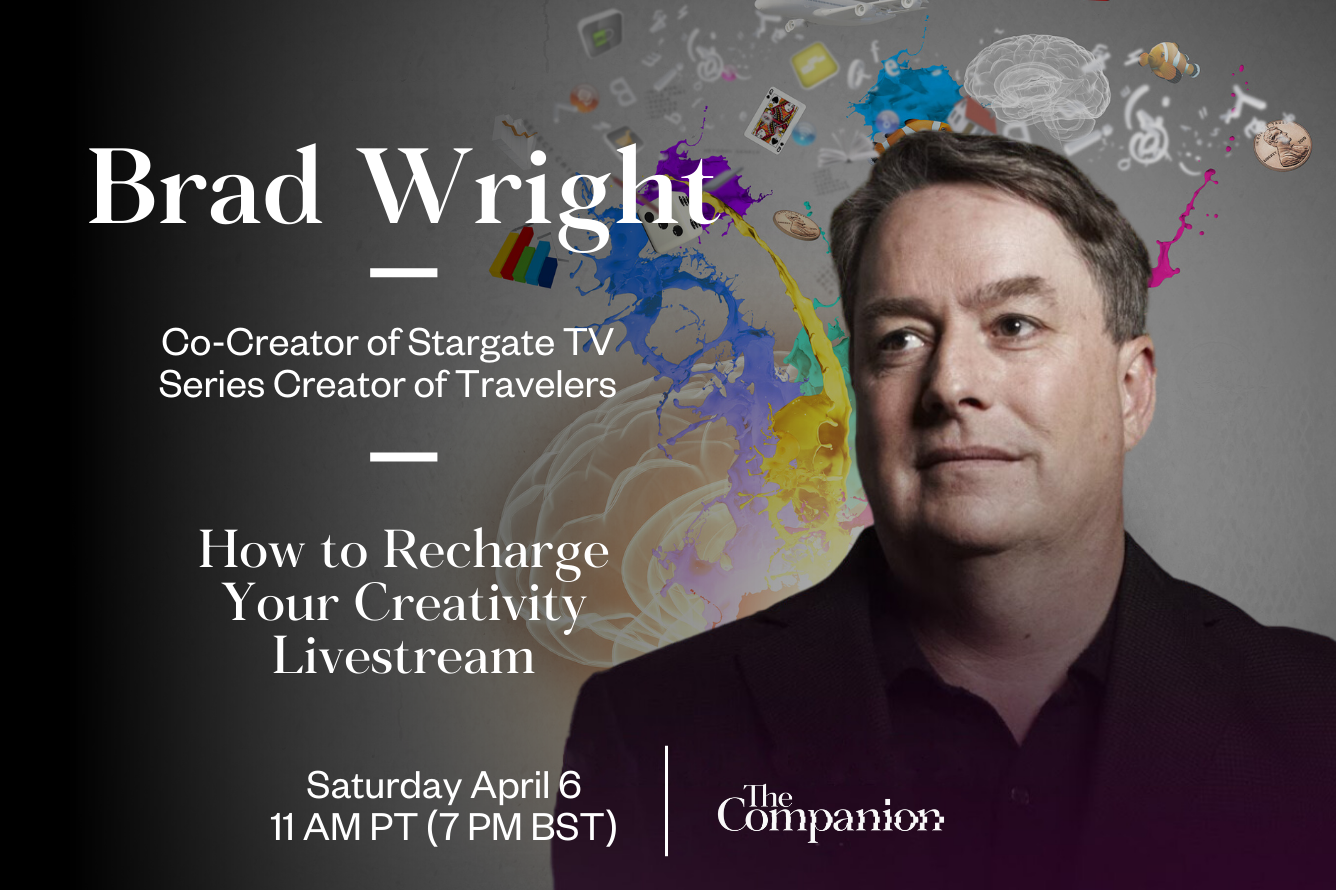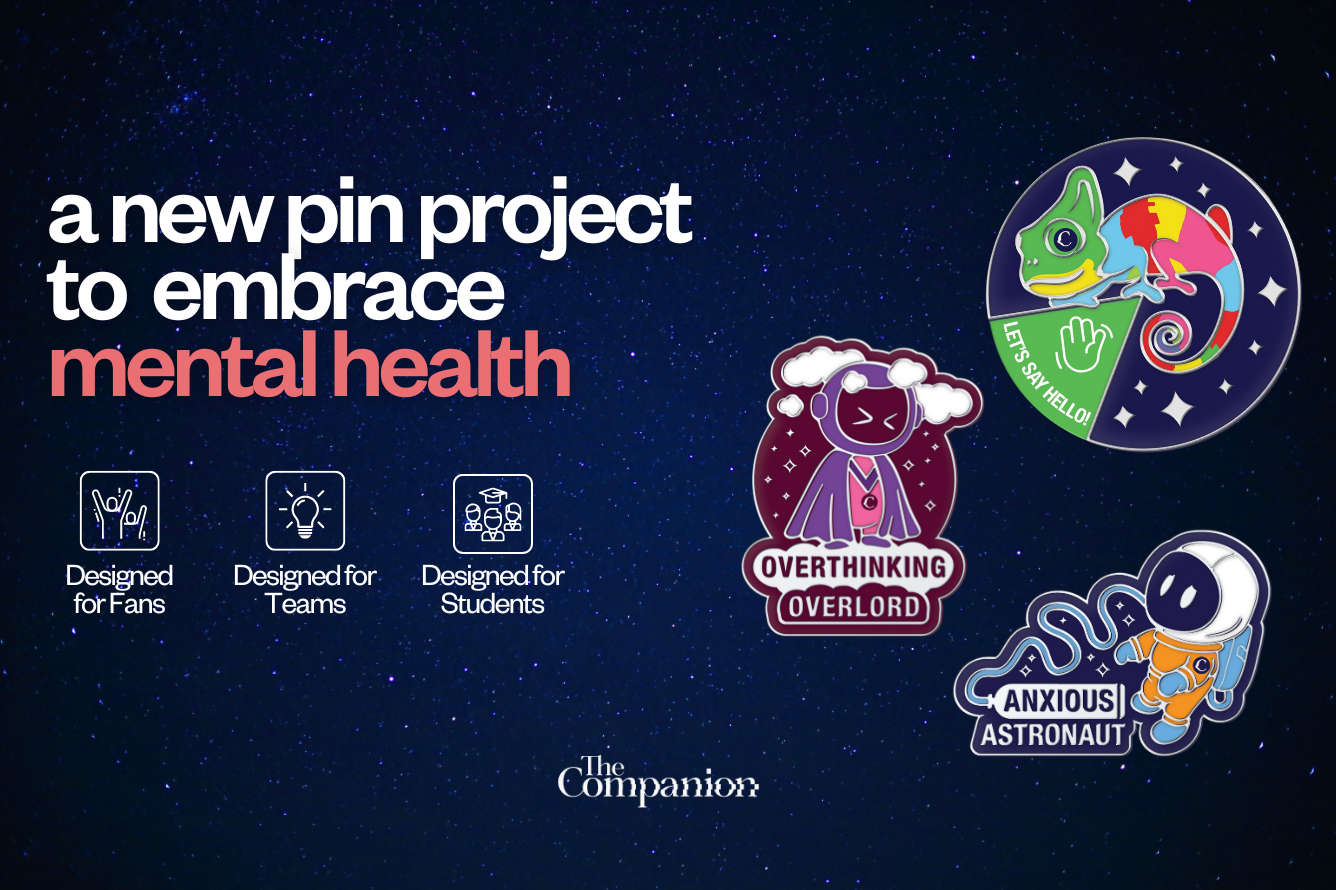The poet Lord Byron wrote in a letter to Thomas Moore, 1817:
“One certainly has a soul; but how it came to allow itself to be enclosed in a body is more than I can imagine.”
Who am I? What makes me what I am? Am I all flesh and bone, or am I neurons and synapses? Can my personality be measured and weighed? Can I be transferred into a storage medium to fit inside a computer? Or am I ultimately an amorphous spirit that floats along with my corporeal form?
You can find the rest of the series here.
Scratching the Surface of Identity in Stargate
Science fiction has been exploring these topics for hundreds of years. Stargate has taken its own stab at identity in various means, including Goa’uld and Tok’ra implantation into other life forms. In this instance, it was made fairly clear over the course of Stargate SG-1 that two independent personalities could continue to exist within a single form, even if (under most circumstances) only one could have physical control of a body at a time.
The Stargate SG-1 episode ‘Maternal Instinct’ (S3, Ep20) introduced the idea of Ascension, where the mind could be freed from the body to potentially attain a higher cosmic significance. By Stargate Atlantis’s ‘Tao of Rodney’ (S3, Ep14), we were introduced to technology that measured that transformation of mind over matter by actual percentage points as McKay (David Hewlett) drew closer to the Great Path.
In the Season 8 Stargate SG-1 episode ‘Citizen Joe’ (S8, Ep15), an episode arguably meant to be a clever cost-saver as a clip show, an extremely vital storytelling tool was introduced: the Ancient communication stone. With this device, users were able to see through each other’s eyes. Joe Spencer (Dan Castellaneta) saw the world of Jack O’Neill (Richard Dean Anderson) for nearly eight years while Jack witnessed barbershops and bowling matches.
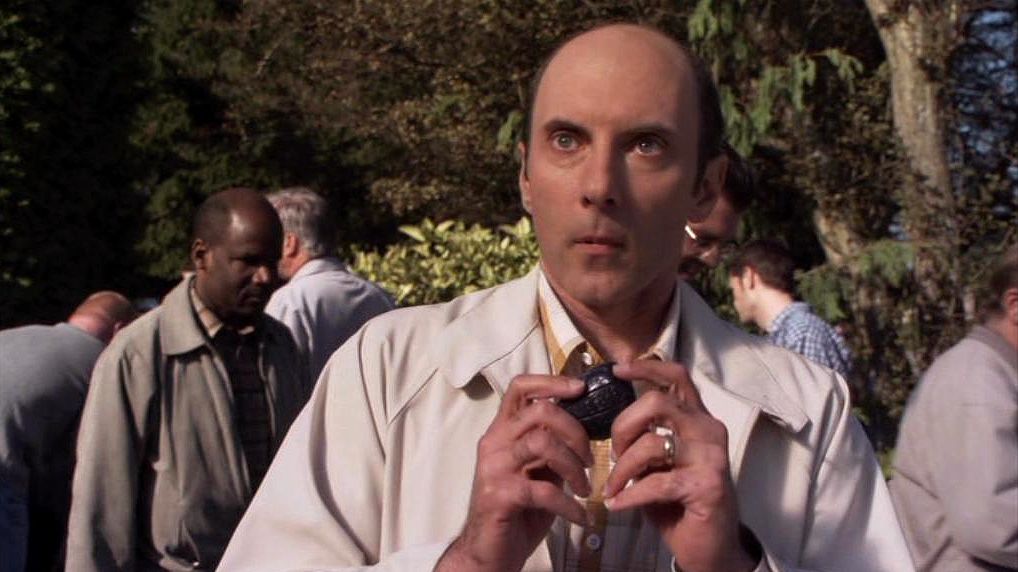
By Season 9 the introduction of the Ancient communication terminal led the stones to provide much more – a complete transposition of consciousness from one body to another. Whoever had possession of a terminal had the ability to shift into another person’s body, and to move and speak within that body.
By Season 1 of Stargate Universe, humanity had reverse-engineered the terminal technology into something more portable – a small square device that could accommodate up to five stones, swapping up to ten people simultaneously across five users at each end. This technology proved to be extremely useful for maintaining contact between Destiny and Earth, as the Ancient spaceship was at the opposite end of the cosmos.
Wrong People, Wrong Place in Stargate Universe
The introduction of the stones to the lives of the humans living aboard Destiny introduced new opportunities, as well as new challenges. Those brought aboard the ship after the destruction of Icarus base were, in the words of Colonel Everett Young (Louis Ferreira), “the wrong people in the wrong place.” This was not a mission they had necessarily signed up for. They were emotionally unprepared to be permanently separated from loved ones back on Earth. The crew of Destiny was only able to appear through other host bodies, “donated” by Air Force personnel for the duration of the transfer.
Even more devastating, the majority of the families of Destiny’s crew did not have the security clearance to know about the fate of their absent kin, so even though the Destiny crew could see and hear those they cared about through the hosts, the majority of those visited were not allowed to know the truth.
Communication Stones in Stargate Universe
As the Destiny crew became more comfortable with the use of the communication stones, unique problems began to creep into their usage. When Destiny would enter or exit faster-than-light speeds, the transfer was interrupted at both ends for approximately twelve seconds. This would create unique circumstances for the crew to overcome.
Additionally, the health and safety of each user had to be taken into account at the time of the use of the device. This was put to the ultimate test in the Season 2 Stargate Universe episodes ‘The Greater Good’ (S2, Ep7) and ‘Malice’ (S2, Ep8) when a user’s life was taken while interfacing with the device. Simeon (Robert Knepper) of the Lucian Alliance, enraged at the apparent treason of Ginn (Julie McNiven), chose to murder her while Dr. Amanda Perry (Kathleen Munroe) was in her body. With Ginn unable to return to her body, and Amanda Perry killed while in the body of Ginn, both hosts ultimately perished.
But this was not the end of their story.
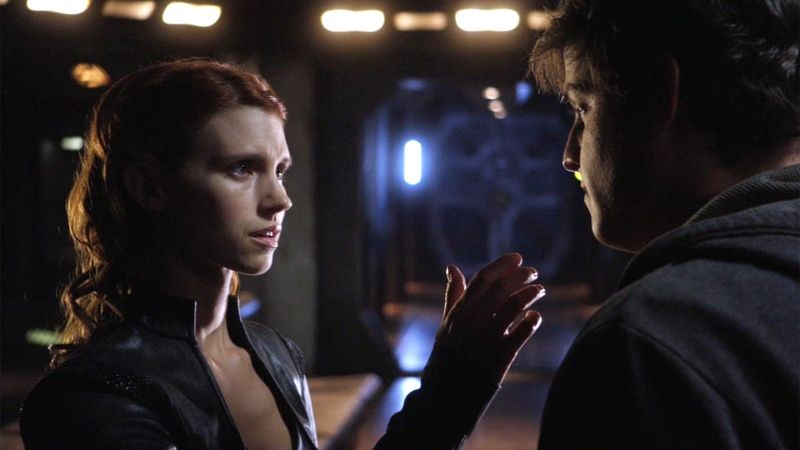
After agreeing to transfer consciousness from one body to another, users were largely able to go about their daily lives as if nothing was different. In the Season 1 Stargate Universe episode ‘Earth’ (S1, Ep7), we witness the climax of a romantic encounter with Emily Young (Ona Grauer) and Everett Young while the colonel is in the body of David Telford (Lou Diamond Phillips).
Telford’s reaction at the moment the transfer of consciousness is interrupted is one of the great moments of the series, but the scene illustrates that during the transfer of consciousness, almost anything goes.
Obviously, anything directly resulting in harm to a host body would have to be avoided. Food allergies would have to be taken into consideration. Addictive substances harmful to the body would hopefully be avoided so that when the host returned to their original body they would not experience lingering aftereffects from the choices of the other user.
As the series progressed, though, deeper questions began to make themselves apparent.


